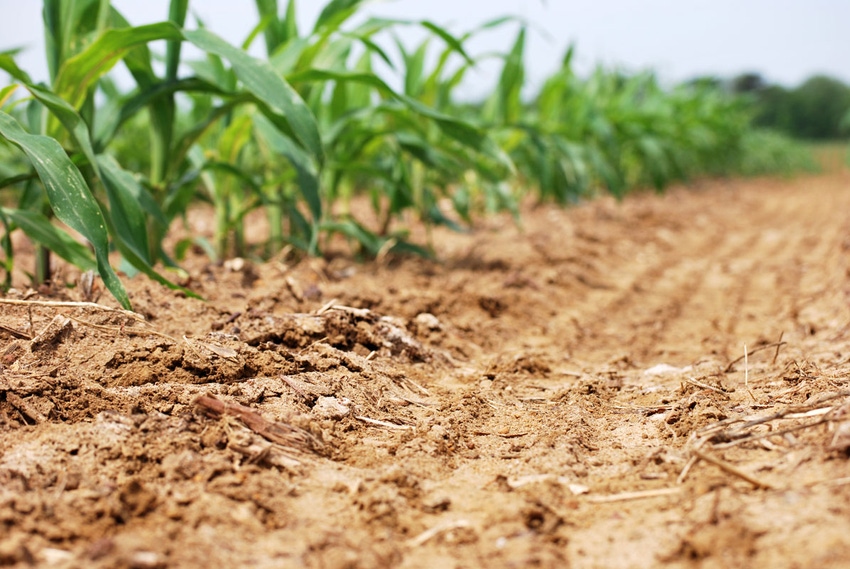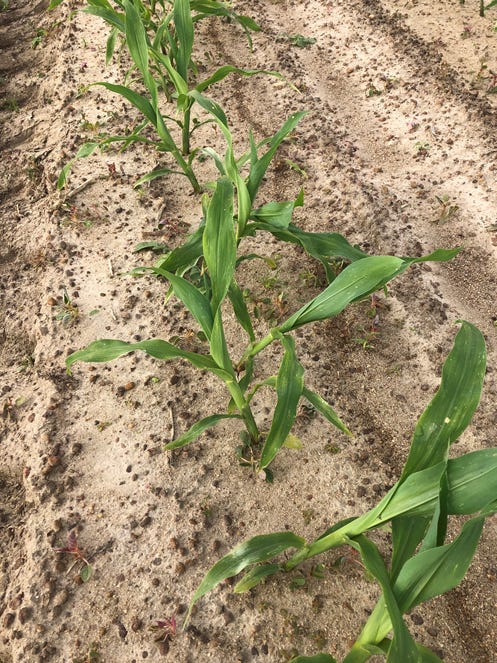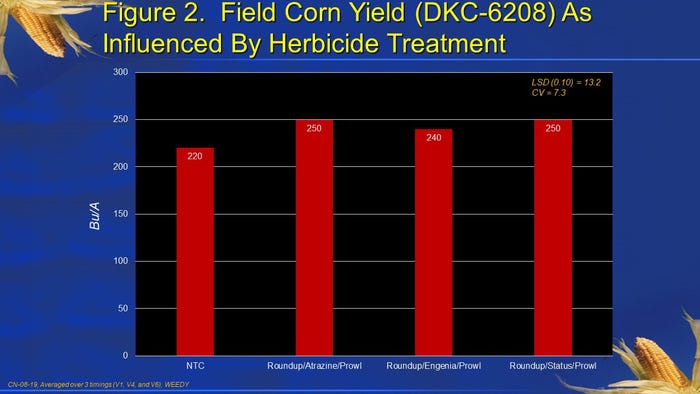January 6, 2020

For many reasons, Georgia growers have rapidly and enthusiastically adopted dicamba-tolerant, or DT, cotton and soybean production systems.
Recent estimates suggest XtendFlex cotton varieties were planted on 77% of the total acreage in Georgia in 2019. It’s kind of ironic if you think about this since it was not too long ago that both dicamba and 2,4-D were “dirty” words cotton grower would not utter.
Because dicamba has become so popular and growers have become more comfortable with its application, there is much interest in using this herbicide in other labeled row crops, particularly field corn.
Interestingly, dicamba has been registered for use in field corn forever but has never really been a major player in field corn in the three states in which I have spent my 33-year weed science career: Georgia, New Jersey and Texas. So, if you are seriously thinking about using dicamba for weed control in field corn, there are a few things that you might want to know.
Most importantly, the dicamba rates that can be safely applied in field corn grown in coarse-textured soils are 50% of the rates that growers are currently using in DT cotton and soybean. Thus, growers should not expect the same level of weed control with that lower rate (0.25 lb ae/A). If applications are timely with the lower rate, weed efficacy should be adequate but there is not much wiggle room.
Another important thing to know about dicamba use in field corn that it is very likely that you will see corn injury in the form of stalk bending/leaning/twisting and/or brace root malformation (Figure 1). This injury can be kind of scary if you have never observed it before. The good news is that the field corn will likely recover with no significant yield effects as long as the dicamba was applied according to labeled directions. Dicamba should not be applied if fluid fertilizer is used as the carrier or with a crop oil concentrate (COC).
To that end, I conducted a timing/weed control field trial in 2019 to re-educate myself on the use of dicamba in field corn. Results from that particular trial indicated that both weed control and yield with various POST dicamba treatments (Roundup + Engenia + Prowl H2O or Roundup + Status + Prowl H2O) were equivalent to the current POST standard of Roundup + Atrazine + Prowl H2O. (Figure 2). A copy of the complete report of this field triall can be obtained at the following location: http://www.gaweed.com/trials/prostko2019/PDFFiles/CN-08-19.pdf. Bottom line though, if you are thinking about using any dicamba product for weed control in field corn in 2020 and have never used it before, I would strongly encourage you to READ the label prior to application.
Field corn producers in the southeast are fortunate to have a multitude of herbicide options that are very effective and can also help mitigate the evolution of resistance. I really have no preferences since most herbicide programs have performed equally in my field research program. Dicamba can be a viable option for field corn weed control, but growers must be conscious of application rate, timing, off-target movement, and long-term resistance management.
As always, good weed hunting!


About the Author(s)
You May Also Like






